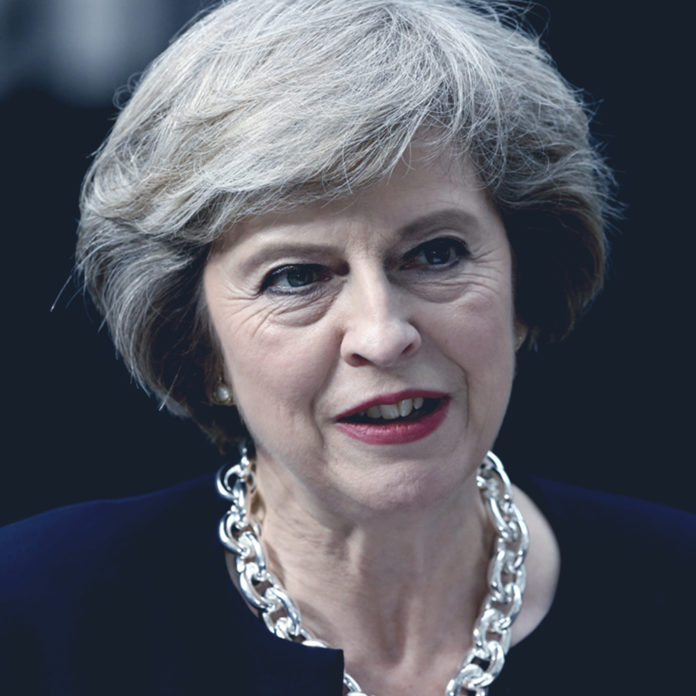
On the 23rd of June 2016, the United Kingdom decided to leave the European Union. Granted it was a very close call, with 52% voting to leave and 48% wanting to stay. Now, to be honest, I am not in any way political or have a full grasp of what the repercussions of this decision will be, but I am very interested in how things are unfolding.
One of the repercussions has been the then Prime Minister – David Cameron – resigning, which sparked a debate about succession that looked like it could become as terribly unnerving as the current political race taking place in the USA.
But on the 13th of July, things seemed to have taken a turn for the United Kingdom – considered one of the most stable nations on earth. The resignation of David Cameron opened up the way for another Tory – who was against leaving the EU – to be brought in. And so Prime Minister Theresa May went to Buckingham Palace to speak to the Queen before settling in at 11 Downing Street (technically it is 10, but she seems to have preferred 11…).
At first, I wondered why I was so interested in the politics of a nation not my own and definitely far away from where I live. But the more I read up on Theresa May and watched some interviews, the more I began to truly be excited about the caliber of person who is now running one of the most influential nations on earth.
In his last Questions as Prime Minister, David Cameron congratulated May, mentioning that she is the second female Prime Minister, and when it comes to female Prime Ministers, he has no doubt that the score will be 2-0. He was referring to Dame Margaret Thatcher, who led the United Kingdom through some terrible economic struggles brilliantly. Granted, she was not always a favourite among the nation and the press, but her influence lasts till today – in many ways her legacy was far greater than her time in office, with things such as the dole system, the education system and the disassembling of the power of the unions – which had brought Britain’s economy to a near stand-still. She had a very clear sense of what needed to be done and how it needed to move forwards – even when it wasn’t popular with many people in society and in government.
Theresa May, in many ways carries the same sort of air. In her first speech in Parliament she completely obliterated her opposition in a way that is very reminiscent of Thatcher herself. Her first speech as Prime Minister cast a very large vision that seems almost impossible with the political climate of Brexit. But since then she has been extremely decisive – with very strong decisions of what needs to be done first as well as who should be running things. Her personal life is also important to note: married for almost 36 years to the same man, a Christian with very strong views on how her faith applies to her approach to life, and a very frugal worker when it comes to government funds.
In a continent where we are yet to see democracy truly work with full-force, I am excited to see that there are world leaders who have the type of clout that could just change what life looks like far beyond their own Sovereign borders. There is still a lot to be proved by Prime Minister May, but I believe that with time we are going to see what dedication and sharp-shooting acumen can really do in a political climate that is fair and open. And in doing so, I believe that we all could garner a bit more hope and inspiration for the continent of Africa, with leaders that are integrous as much as they are effective.
